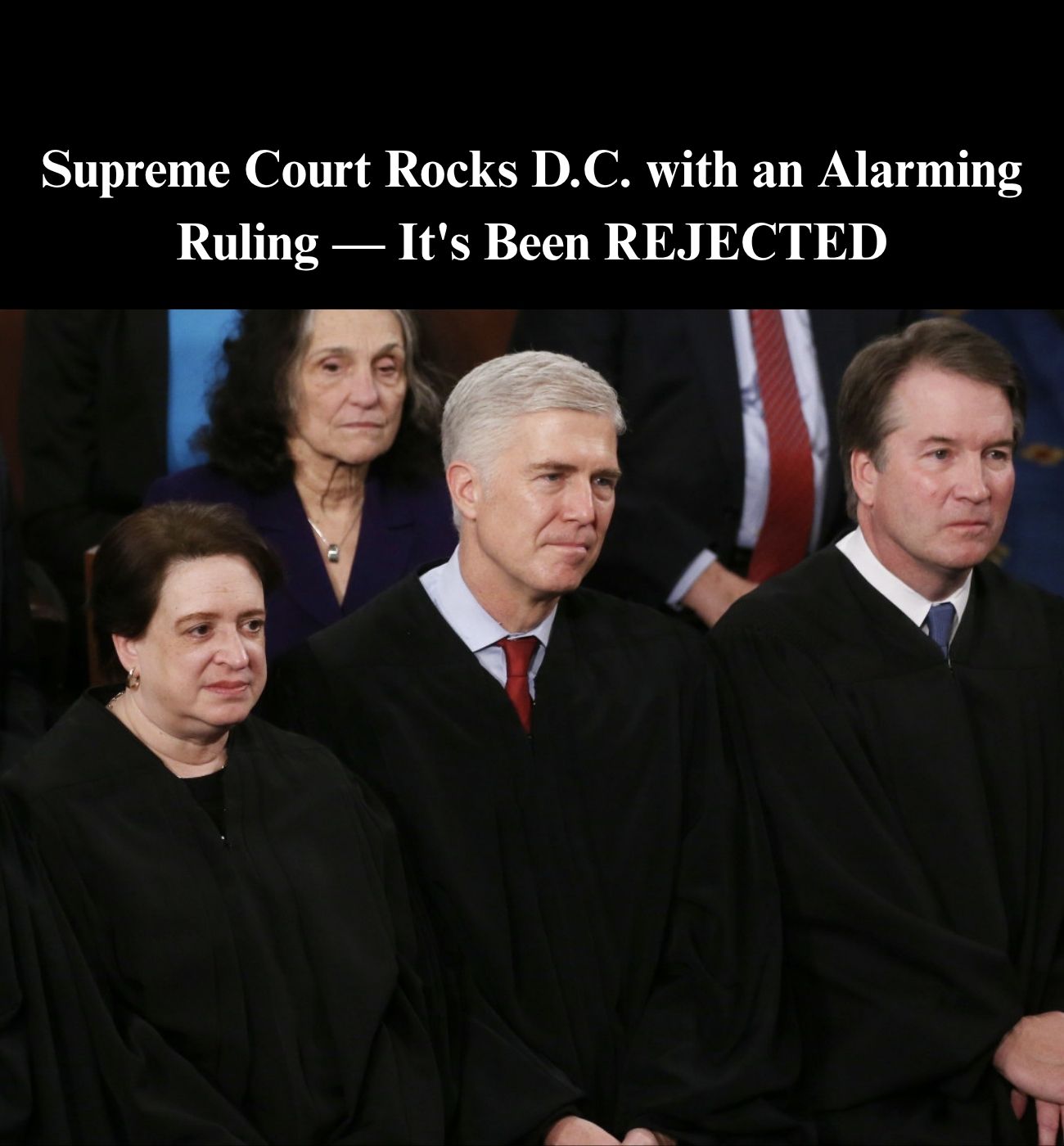The U.S. Supreme Court turned down an appeal from Alex Jones, a right-wing conspiracy theorist who was trying to overturn a $1.4 billion libel verdict against him for making false statements about the 2012 Sandy Hook school shooting.
Jones has been under a lot of legal pressure since jurors in Connecticut and Texas found him guilty of defamation and emotional distress in 2022 for lying about the massacre that killed 20 first graders and six teachers. Jones has sought to halt the sale of his far-right platform, InfoWars, on numerous occasions to cover those losses, CNN reported.
“The result is a financial death penalty by fiat imposed on a media defendant whose broadcasts reach millions,” Jones told the Supreme Court in an appeal filed at the Supreme Court in September.
The families gave up their right to react to that appeal, and the court did not make them do so.
In a separate emergency appeal Jones filed at the Supreme Court last week, he said his platform has an average of 30 million daily listeners. Without an intervention by the high court, his attorneys wrote, “these viewers/listeners will not have just been deprived of a valued source of information, the risk is they will have been greatly deceived and damaged by operation of media source InfoWars by their ideological opposites.”
A federal judge told Free Speech Systems, the business that owns Infowars, to give its assets to a court-appointed receiver earlier this year. The receiver would then sell the assets.
The order paved the way for the satirical news outlet The Onion to revive its bid for the platform.
The high court didn’t explain why it turned down the appeal, which is what usually happens.
In 2022, Jones was found guilty of defamation for saying on the air many times that the Sandy Hook massacre in 2012 was a “hoax.” He hasn’t paid a single penny of the more than $1 billion in damages he owes the families.
All eyes are on the nation’s highest court as the justices are gearing up for another highly consequential term that will feature a slew of cases that will dramatically reshape the country.
Democratic-aligned voting rights organizations are bracing for what they describe as a potential crisis if the U.S. Supreme Court moves to weaken a central provision of the Voting Rights Act, one of the nation’s cornerstone civil rights laws.
The concern centers on Louisiana v. Callais, a case the justices are set to rehear on October 15. The outcome could determine the future of Section 2 of the Voting Rights Act, which prohibits redistricting plans that dilute the voting power of racial minorities.
Two prominent voting rights groups have warned that striking down or narrowing Section 2 would allow Republican-controlled legislatures to redraw as many as 19 congressional districts in their favor, Politico reported.
While a ruling before next year’s midterm elections remains uncertain, the organizations behind the report said it is still possible. In total, the groups identified 27 congressional seats nationwide that could be redrawn to favor Republicans if current legal and political conditions hold — with 19 of those shifts directly tied to the potential elimination of Section 2 protections.
Republicans have for years sought to limit or dismantle Section 2 of the Voting Rights Act, which bars racial discrimination in voting laws and redistricting.
They argue that the provision unfairly benefits Democrats by requiring the creation of minority-majority districts that often lean Democratic.
The Supreme Court has previously rejected those arguments, but voting rights advocates fear the upcoming Louisiana v. Callais case could mark a turning point.
However, many election law experts anticipate that the Supreme Court could narrow the scope of the VRA in its upcoming ruling, potentially triggering significant shifts in congressional representation across the South, noted Politico.
According to the report, such a decision could result in Democratic lawmakers being ousted entirely from states such as Alabama, South Carolina, Tennessee, and Mississippi.
Other states — including Louisiana, Georgia, North Carolina, Texas, and Florida — would likely retain at least one Democratic member of Congress, but their overall Democratic representation would shrink considerably.
